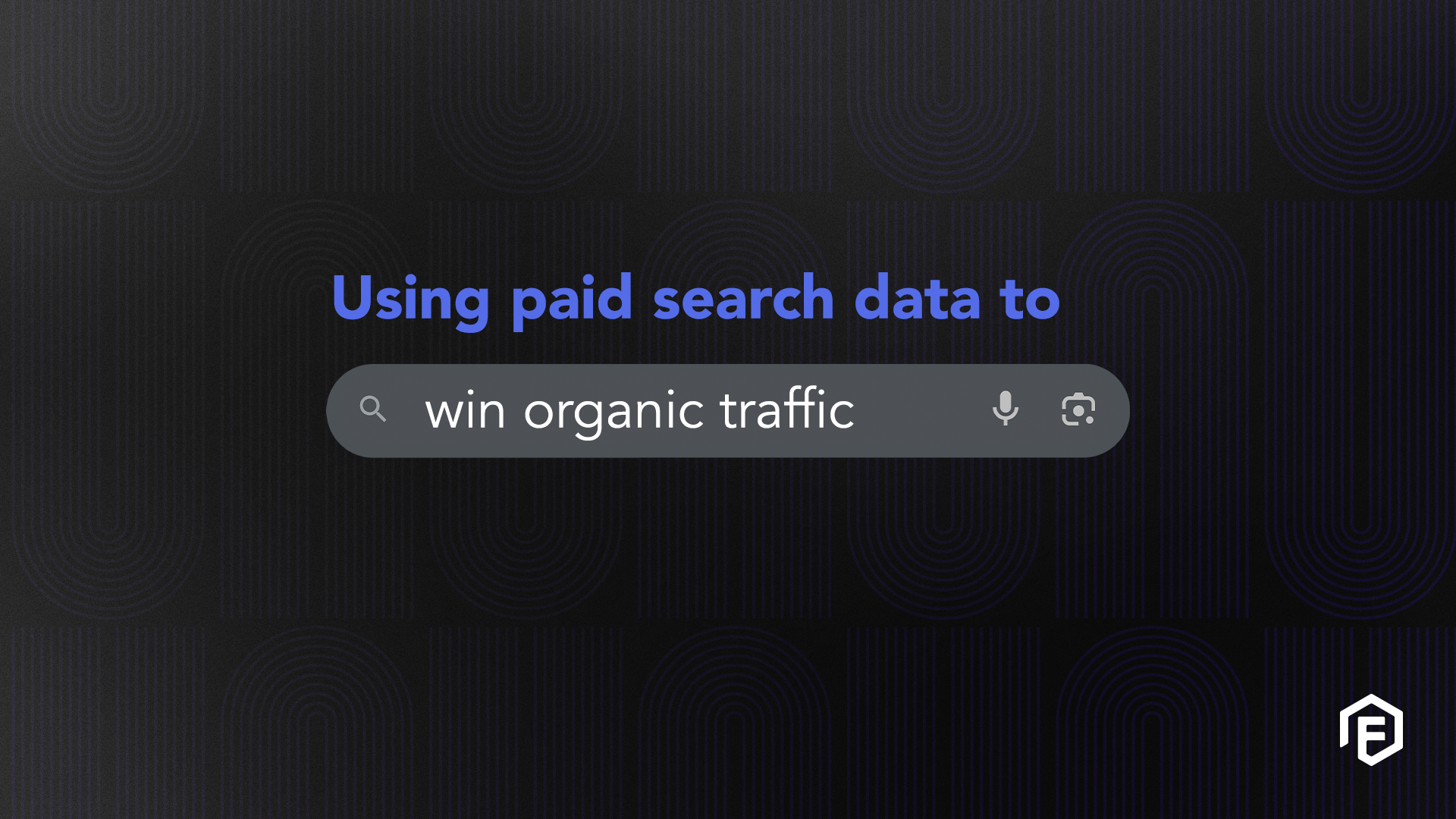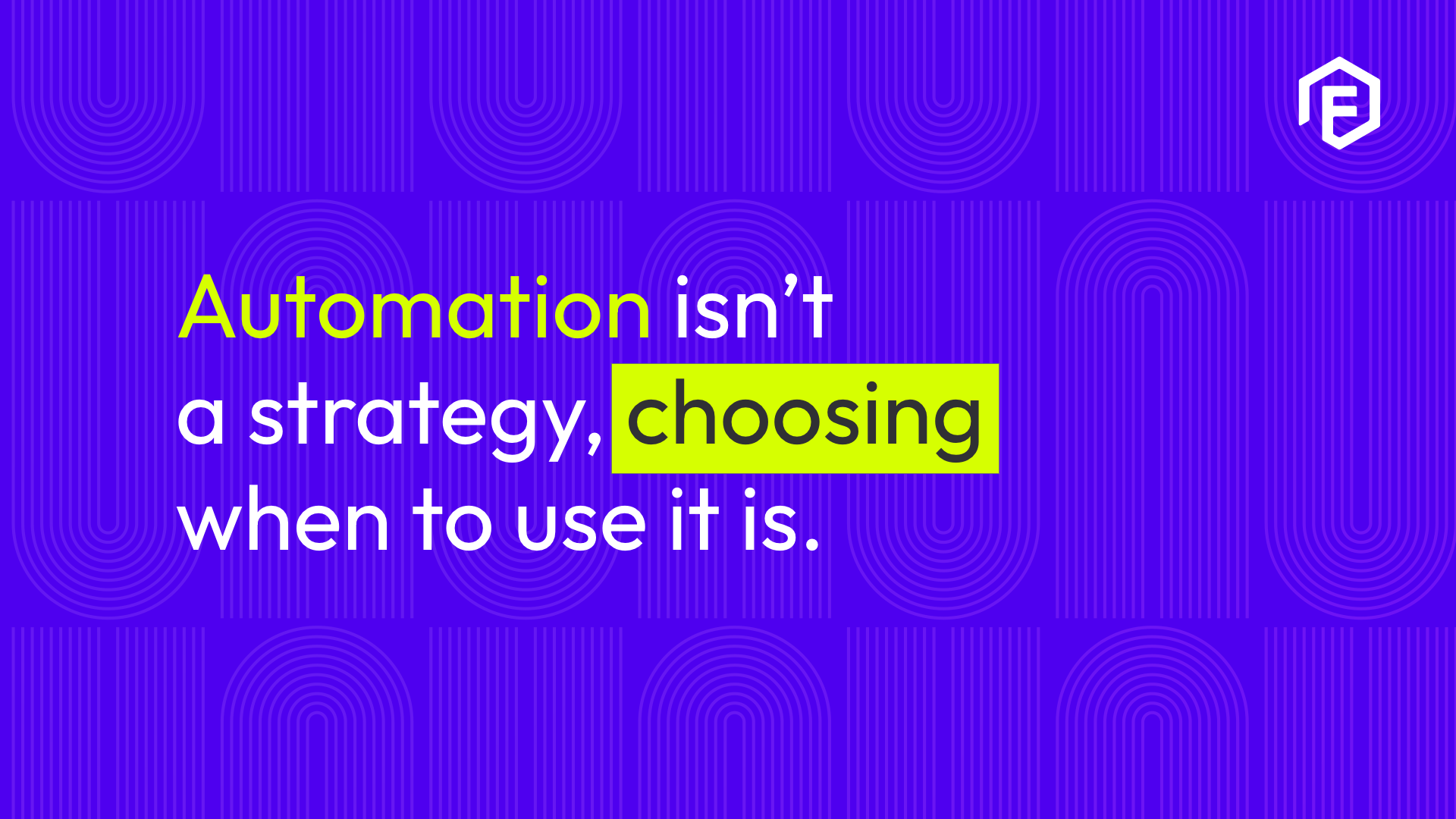The digital marketing landscape is one of the most rapidly evolving fields today, profoundly influenced by technology. While technology impacts many areas, its effects on marketing are particularly striking. With the advent of the Internet of Things (IoT), we’ve only just begun to scratch the surface of what’s possible.
Navigating Uncertainty in Digital Marketing
Predicting the future of digital marketing is challenging; after all, forecasts are often either “lucky or wrong.” The industry has already seen massive shifts in budget allocations toward digital media, driven by return on investment (ROI) and the constant pursuit of lowering cost-per-lead (CPL) or cost-per-sale (CPS). But where do we go from here?
The Role of Technology in Marketing
Software algorithms have revolutionized marketing. They have surpassed human capabilities in logical thinking and decision-making. For instance, consider Deep Blue’s triumph over human chess champions back in 1996, or the advancements in AI led by tech visionaries like Elon Musk source.
Today’s AI can perform many times that type of processing, making complex marketing tasks more efficient than ever before. But as technology advances, there’s an unexpected shift on the horizon.
The Return to Traditional Media with a Digital Twist
Reimagining Traditional Channels
Contrary to popular belief, the future of marketing might lie in traditional media channels like TV, radio, and out-of-home (OOH) advertising. With everyone focused on digital innovation, these channels have been somewhat overlooked. However, the potential for digitizing these mediums offers new opportunities for growth.
TV Advertising: A New Era with Digital Tools
TV advertising, once considered outdated, is experiencing a renaissance. Platforms like Tubemogul are leveraging digital tools to revolutionize TV advertising through advanced auction models and programmatic buying, enhancing the effectiveness and reach of campaigns.
Radio Advertising: Embracing Programmatic Solutions
Radio, a medium dating back to the 1920s, has also remained largely unchanged—until now. Companies like Jelli are pioneering programmatic advertising for radio, making it possible to buy and manage radio ads with the same precision and scalability as digital ads. This shift not only enhances advertising strategies but also maximizes ROI for clients.
The Future of Media Buying: An Integrated Approach
With the digitization of traditional media, we are moving toward a future where all advertising platforms can be managed through a unified interface. This means that media buyers will no longer be confined to digital advertising but will manage holistic advertising campaigns across all mediums—TV, radio, digital, and more.
A Shift in Marketing Agency Models
Performance-Based Compensation
As the landscape becomes more trackable and results-driven, marketing agencies might also evolve in how they operate. Instead of the traditional cost-per-impression (CPM) model, we are likely to see a shift towards cost-per-lead (CPL) and cost-per-sale (CPS) models.
This isn’t as far-fetched as it sounds. The insurance industry and affiliate marketing have already adopted this approach. As competition increases, the focus will shift from simply spending on ads to delivering measurable results. Clients would prefer to hear, “You will only pay for results,” rather than, “I will spend your money wisely.”
Case Study: Sales-Driven Compensation Models
In some markets, this model is already in place. For example, in North Korea, TV presenters are compensated based on the number of sales they generate. This performance-based approach could become the norm in the advertising industry worldwide, incentivizing marketers to deliver tangible results.
Conclusion: Where is Digital Marketing Heading?
The digital marketing industry is at a crossroads, with exciting possibilities on the horizon. While technology will continue to drive innovation in digital channels, the real game-changer will be the digitization and integration of traditional media with digital platforms.
As agencies adopt performance-based models and technology becomes more sophisticated, the role of the marketer will evolve. Whether we’ll be judged by impressions, leads, or sales, one thing is certain: the future will reward those who can adapt and deliver results.
The key takeaway? Stay ahead of the curve, keep experimenting, and never stop asking the crucial question: “Where do we go from here?”



